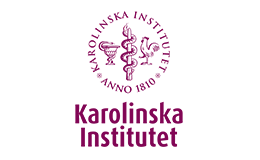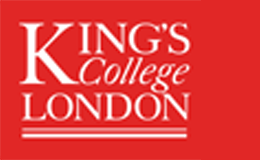Why Ophthalmology Degree From UK Is Considered Best ?
Why UK is good for ophthalmology is consider best ?

A Student's Guide To Studying Ophthalmology in the UK
What does one need to know about Ophthalmology before asking if they should go for it? Read this guide to get the inside scoop on studying ophthalmology in the UK, what's involved and what are the opportunities available after graduation.
What is Ophthalmology?
Ophthalmology is the medical specialty concerned with the diagnosis and treatment of diseases of the eyes and surrounding structures. The ophthalmologist is responsible for providing comprehensive care to patients with vision disorders, including diseases of the retina, macula, cornea, and lens. Ophthalmology is a diverse field that covers a wide range of medical issues related to the eye.
If you are considering studying ophthalmology in the UK, this blog will provide you with essential information about what to expect during your course of study. We will discuss topics such as the different sub-disciplines within ophthalmology, how to find an accredited institution, and what future career opportunities exist for graduates of an ophthalmology degree program.
Why study Ophthalmology?
There are many reasons why someone might choose to study Ophthalmology. Some people may be interested in the medical profession, while others may be passionate about the eye and its many functions.
Regardless of why someone is studying Ophthalmology, there are a few essential qualities that are common to all successful ophthalmologists. These include excellent communication and interpersonal skills, as well as a deep understanding of how the eye works. In addition, ophthalmologists must have a good working knowledge of medical treatments and procedures, as well as the ability to diagnose and treat various eye diseases.
Students who study Ophthalmology at university will benefit from exposure to a wide range of clinical cases and will be able to develop skills in both diagnostic and surgical procedures. Ophthalmologists who work in private practice typically work with a smaller caseload, giving them more time to focus on each patient’s individual needs.
Anatomy and Physiology of the Eye
The anatomy and physiology of the eye is a complex topic, but fortunately there is plenty of information available online to help us understand it. In this blog section, we will be looking at some of the key topics covered in this area, including:
-The structure and function of the eye
-The role of the eye in vision
-The diseases and disorders of the eye
-How to learn about ophthalmology
hopefully this will give you a good starting point for your studies. If you have any questions or would like more information, do not hesitate to let us know in the comments below or on our Facebook page.
Learning about the Eye
When studying ophthalmology in the UK, you will need to be aware of both the anatomical and physiological aspects of vision. Anatomical knowledge involves understanding how the eyes work, while physiological knowledge concerns how vision is processed inside the eye.
Anatomy
The anatomy of the eye can be divided into four main sections: the exterior, the interior, the middle, and the retina. The exterior of the eye contains the iris (the colored part of your eye), the pupil (the black part of your eye that changes in size to let different amounts of light into your eye), and the cornea (the front part of your eye). The interior of the eye contains the lens, which helps focus images on to the retina, and the vitreous body (a jelly-like substance that fills most of the space inside your eye). The middle section contains structures such as the optic nerve (which carries visual information from your eyes to your brain), and the choroid (a layer of tissue that helps protect against glare and sunlight damage). The retina is at the very back of your eye and is responsible for converting light into electrical signals that are sent to your brain.
Studying in the UK
If you are planning to study ophthalmology in the UK, you will need to be familiar with the different educational pathways and requirements. Here is a guide to help you understand what is required to study ophthalmology in the UK:
To become a doctor in England and Wales, you will need to complete an undergraduate degree at a UK university. This degree can be in any subject, but your course may include courses in medical sciences such as anatomy, physiology, pharmacology, and epidemiology. After completing your undergraduate degree, you will need to complete either an MBBS or an MD/MSci (MPhil/PhD) degree. The Medical Council of England requires that all doctors who wish to practice in the UK must have completed an MBBS or an MD/MSci degree. If you are from outside of the UK and want to practice as a doctor in the UK, you will need to complete an overseas medical graduate registration course and then apply for registration with the General Medical Council.
Pay and Salaries of students in Ophthalmology
The average starting salary for a doctor in the United Kingdom is £27,000 per year. However, salaries can vary depending on location and experience. According to The Guardian, the top 10 most lucrative medical specialties in the UK include: cardiology, Neurology, gastroenterology and hepatology, ophthalmology, female genital surgery, general surgery, pediatric neurosurgery and rheumatology.
You Can Refer
Best Courses For Optometry In US
Best Courses For Optometry In UK
Best Courses For Optometry In Canada
Best Courses For Optometry In Ireland
Best Courses For Optometry In Hungary







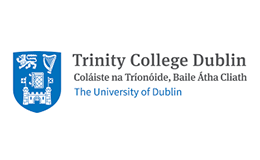




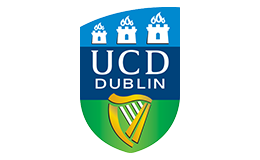











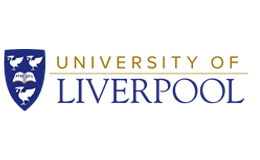







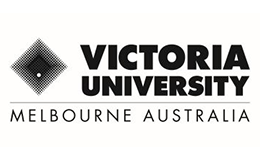




.png)

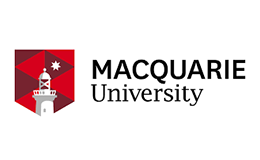



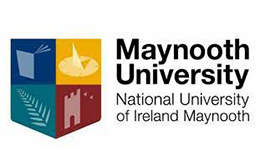

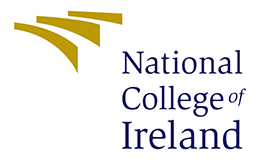

.png)



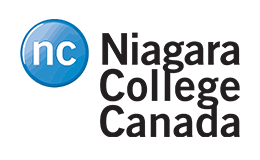
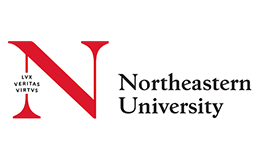

















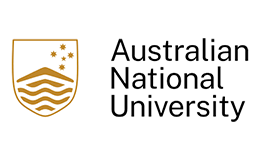

.png)










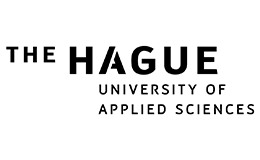




.png)

